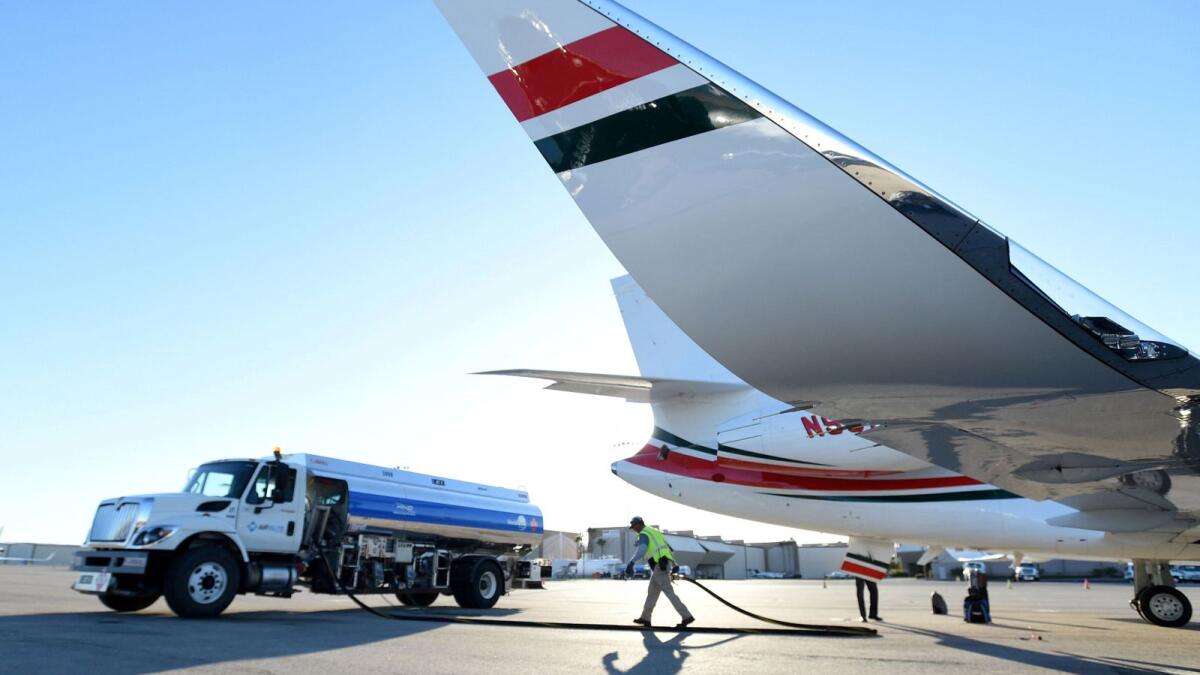Global jet fuel demand is expected to soften as consumer spending slows and impacts travel budgets. This shift could potentially have an impact on oil prices in the upcoming months. Despite initial expectations that global oil demand would increase significantly in the first half of the year, weaker-than-forecast consumption in the United States and China, the top two oil markets, has hindered this growth.
Jet fuel accounts for about seven per cent of global oil demand, with projections indicating it would be a significant driver of growth this year as travel rebounds post-pandemic. Data from Goldman Sachs shows that global jet fuel demand averaged around 7.49 million barrels-per-day through July, representing a nearly 500,000-bpd increase compared to the same period last year. However, demand must accelerate in the coming months to meet the bank’s growth forecast of 600,000 bpd for the year, which is becoming less likely due to signs of a slowdown.
Major US airline operators and travel companies have expressed concerns about consumer spending slowing down due to reduced disposable incomes, impacting leisure travel. With the US consumer spending growth averaging just 0.3 per cent in the three months through June, the slowest increase in over a year, the International Energy Agency (IEA) predicts limited additional gains for US jet fuel as a cooling economy affects demand for air travel.
Weakened economic activity could exacerbate the global trade slowdown, leading to a reduction in air freight demand as noted by Bank of America analysts. This week, the Organization of the Petroleum Exporting Countries (OPEC) decreased its 2024 oil demand forecast for the first time since July 2023, while the IEA also trimmed its 2025 estimate due to weaker-than-expected economic growth in China and other regions.
A tech outage in July that grounded numerous flights also impacted jet fuel demand, with US jet fuel consumption dropping by about 10,000 bpd year-over-year in July according to the IEA. Bank of America analysts believe that the broader demand trends for jet fuel remain soft amidst rapidly deteriorating macro conditions for transportation fuels.
Longer-term factors, such as changes in consumer behavior and technological advancements, are also contributing to decreased jet fuel consumption. Improved efficiency and mileage in newer aircraft have enabled airlines to carry more passengers over longer distances while burning less fuel. Additionally, a shift in consumer preferences towards shorter domestic flights over international destinations and decreased air traffic between countries due to trade wars are further reducing jet fuel demand. It is expected that jet fuel demand will continue to grow, but analysts warn that issues such as these and mileage improvements may pose a risk to oil demand and price forecasts for the year.










